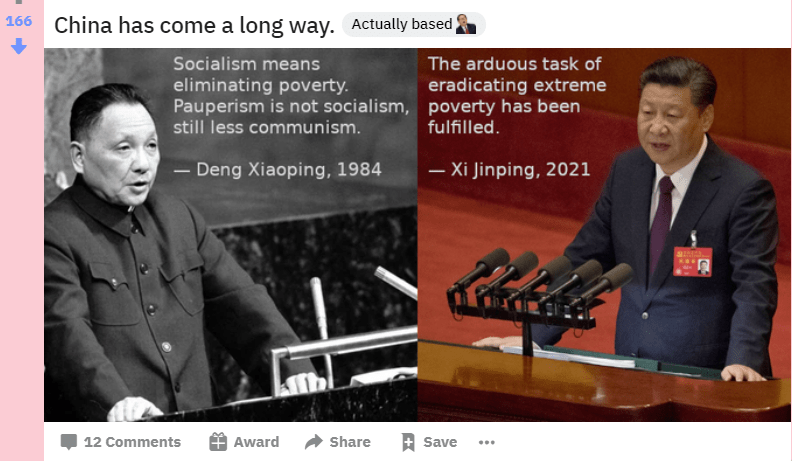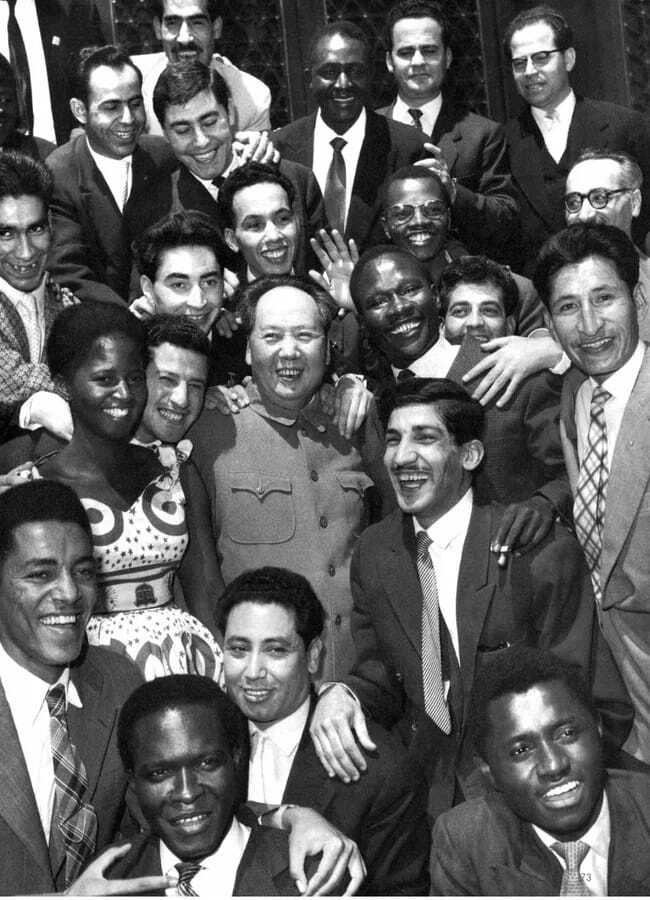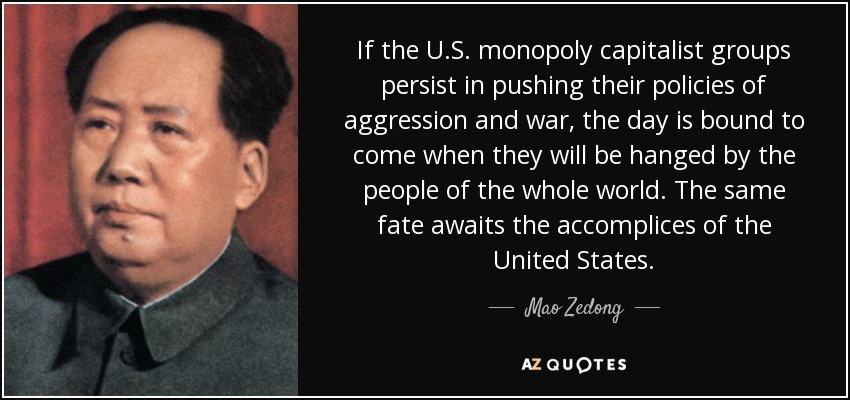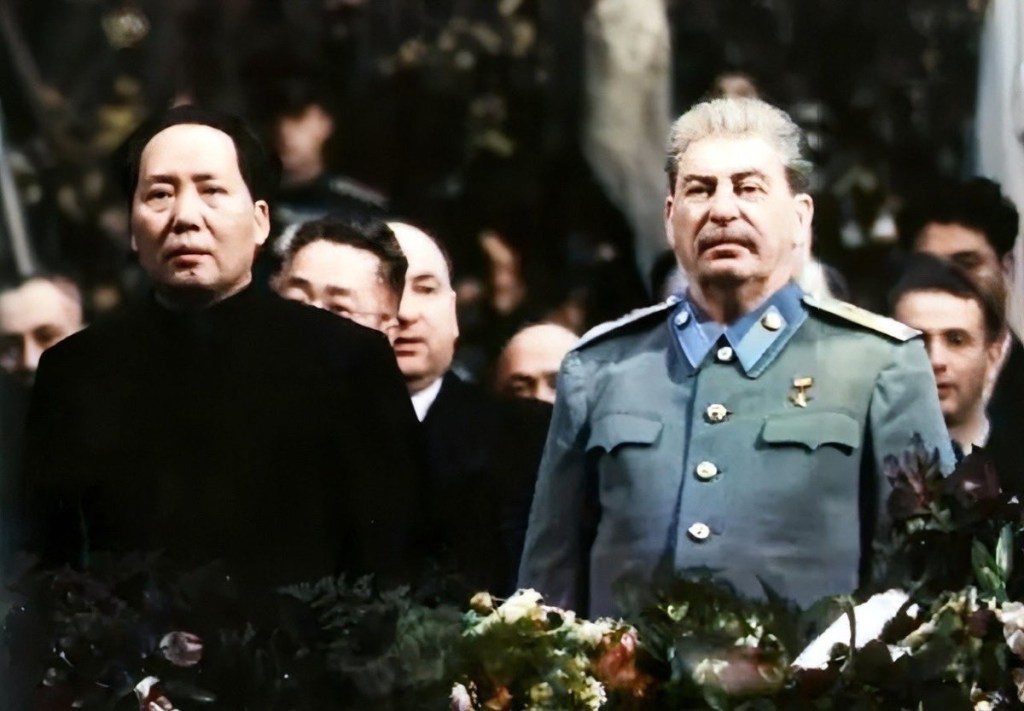While I wait for Medium to let me post again, here are two of my most recent poems. I’ve uploaded my poetry book draft here too. It’s missing page numbers, a table of contents, and maybe a little dignity. The formatting’s rough. The vibe’s a bit dorky. But it’s alive.
Read More »Tag: Mao Zedong
The Racial Question Is A Class Question
The racial question is in essence a class question. Our unity is not one of race; it is the unity of comrades and friends. We should strengthen our unity and wage a common struggle against imperialism. colonialism, and the running dogs, to attain complete and thorough national independence and liberation. —Mao Zedong
The Racial Question Is A Class Question
Mao- Don’t Hit Out In All Directions
The Anti-Racist Struggle
Selected Works of Mao Tse-Tung Vol. VII
Selected Works of Mao Tse-Tung Vol. VII (PDF)
Note from Foreign Languages Press
It’s with great joy that we release this new printing of Volume VII of the “Unofficial” Selected Works of Mao Zedong. This volume was initially released by our Indian comrades from Kranti Publications in 1991, but was out of stock by the end of the 90s and has since been unavailable in hard copy or online.
Read More »
Revolution is not a dinner party

Report on an Investigation of the Peasant Movement in Hunan:
Secondly, a revolution is not a dinner party, or writing an essay, or painting a picture, or doing embroidery; it cannot be so refined, so leisurely and gentle, so temperate, kind, courteous, restrained and magnanimous. [4] A revolution is an insurrection, an act of violence by which one class overthrows another.
Mao: Speech at the Supreme State Conference, September 8, 1958
From Global Anti-Imperialism to the Dandelion Fighters, China’s Solidarity with Palestine from 1950 to 2024

Frontier of global anti-imperialist struggle: China’s perceptions of the Palestinian struggle from 1955 to 1976
China is probably one of few states which flipped its diplomatic stance on the “Palestinian-Israeli conflict” in the most dramatic manner from the 1950s to 1970s. In only 20 years, the People’s Republic of China (PRC)’s official foreign policy dramatically changed from almost establishing diplomatic relations with Israel in 1950 to denying any legitimacy of the Israeli state in the 1960s to 1970s. As I aim to demonstrate in this article, the Maoist era, especially from 1955 to 1976, established the foundation of China’s diplomatic support for the Palestinian liberation movement, and this legacy is still one of the main factors guiding China’s official stance on Palestine today.
Related:
THE CHINESE PEOPLE FIRMLY SUPPORT THE ARAB PEOPLE’S STRUGGLE AGAINST AGGRESSION
Telegram to the USSR on Stalin’s Death





You must be logged in to post a comment.